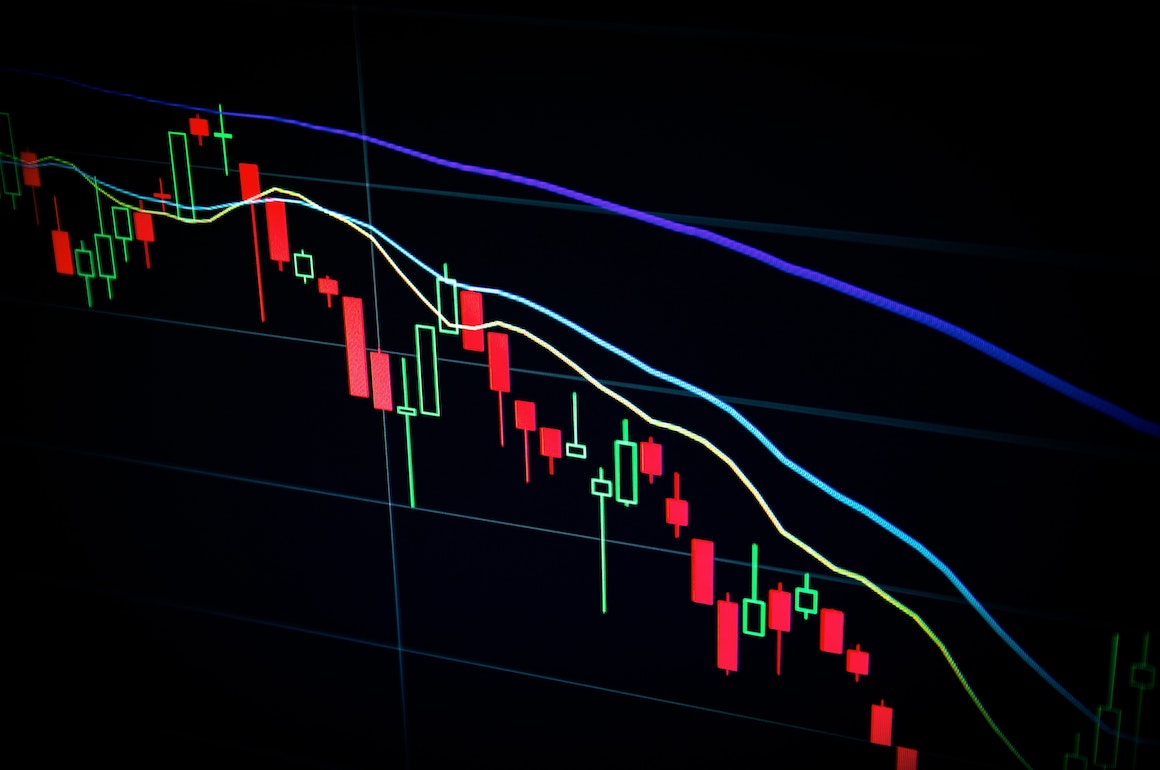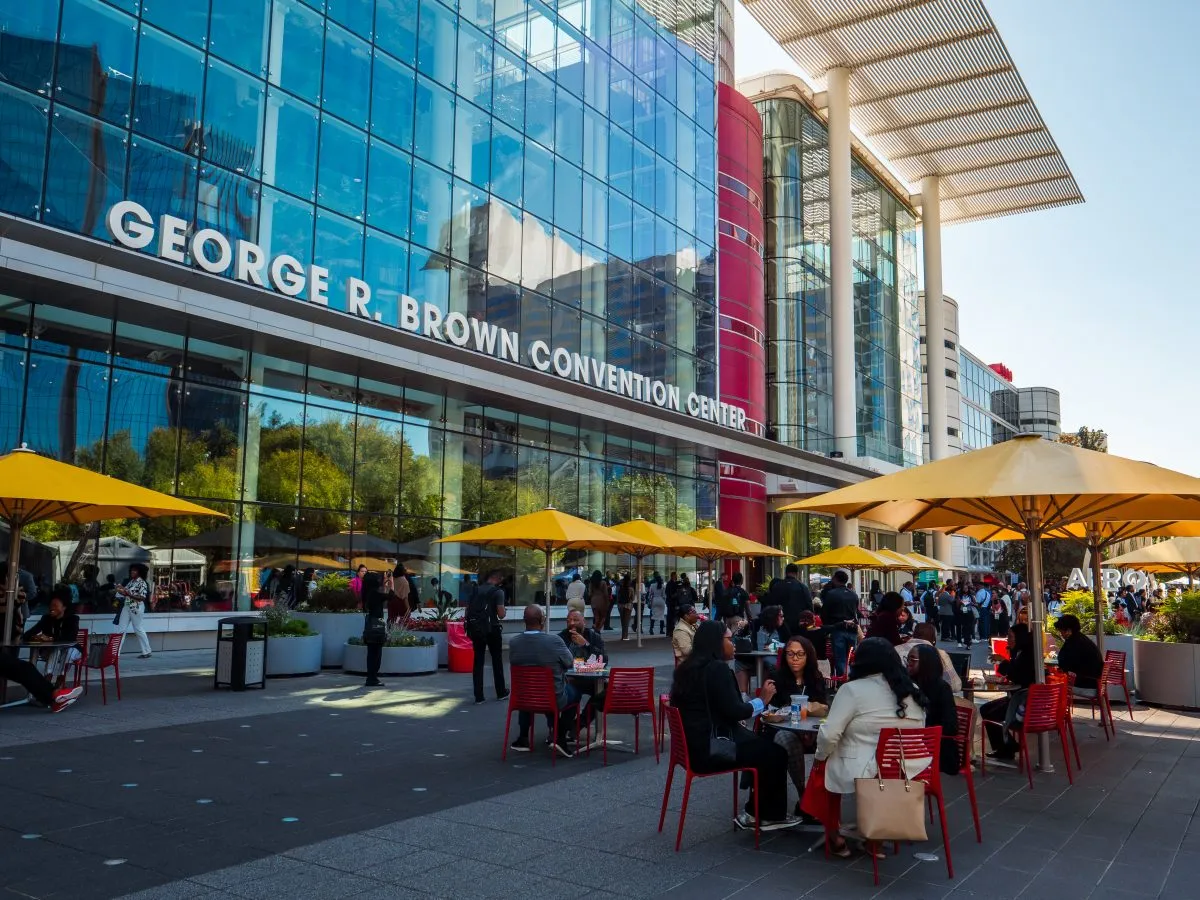Event Planners Downplay Recession Worries at Their Peril

Skift Take
Is a recession on the way? Analysts from Deutsche Bank, J.P. Morgan, and RBC have been sounding the alarm since early April, noting the economic indicators that traditionally spell trouble: soaring inflation, record-low unemployment, an inverted yield curve, and central banks tightening policy. If a recession does happen, experts predict that it will begin late next year. Gordon Scott, a Euro area economist at RBC, calls a global recession “a meaningful possibility” and puts the odds at 30-40 percent.
As concerning as it is, a potential recession isn’t the only economic challenge facing the event industry after the protracted Covid disruption. Higher costs, supply chain disruptions, and labor shortages seem to be more pressing issues, said Paul Woodward, Chairman of Paul Woodward Advisory, a consultant to the global events and B2B media industries.
Uncertainty deepens
Even with pent-up demand after two years of canceled events, it’s this uncertainty, exacerbated by the war in Ukraine and the total shutdown of major markets like Shanghai, that is rattling event planners most. “The focus now is less about preparing for a recession and more about managing costs that are going up, sometimes dramatically,” said Robert Gray, Operating Partner for EagleTree Capital and former Executive Director and Chief Financial Officer of UBM, the trade show and events operator. “And since corporate travel is a discretionary spend, companies are again reviewing travel policy after just having relaxed it. That’s certain to have an effect on attendance.”
Supply issues have created some unwelcome surprises as well. “Not only are flights significantly more expensive, the surge in post-pandemic leisure travel is affecting seat availability. At the same time, higher fuel costs are adding even more price pressure to the cost of flying and driving. Car rental is almost impossible to get in some places, and even if you can, it’s hideously expensive,” Woodward said. Shipping costs have risen as well, and in some markets, timely delivery has become problematic.
The third area of concern is a tight labor market. “My big fear looking is that people worry so much about recessionary risk that they compound the problems they’ve had through the pandemic,” Gray said. “They’ve had to lay off a lot of staff, but now there is much less talent available. With workers in short supply, are you going to now let them go in anticipation of a slowdown? Then you run the risk of not being able to run the shows, which seem very likely to be bringing in a lot of people.” A smaller worker pool also increases wage pressure, he added, with higher labor costs likely to be passed on along with higher commodity prices.
Is the sky falling?
After weathering the coronavirus storm, is a possible recession as intimidating as what the industry has already gone through?
Gray thinks not. “In the recession of 2008-2010, exhibition revenues were down about 15 percent. That was largely driven by lower sponsorship as well as a reduction of attendees. But down 15 percent, horrible as it was, is nothing like the pandemic reduction of 100 percent. This year, even with all of the economic issues, maybe we’re back up to 60-70 percent. Data suggest we’ll be back at 90 percent next year and 100 percent the year after, assuming no other major disruptions.”
Even the gloom from Deutsche Bank is moderated: Analysts there expect a 2023 recession to be “mild” compared to the past two downturns.
Preparing for a slowdown
How can the event industry manage in case the recession does happen?
- Watch forward booking curves very carefully, and watch discretionary spend, whether on lodging, entertainment, or staffing. Exhibitors may scale down booth sizes or rent booths rather than deal with the logistics (and cost) of a 10,000-square-foot double-decker.
- Revamp profit expectations. Companies may need to sacrifice some profit in the short term to do the right thing by employees, Gray suggested.
- Build in flexibility in contracts to, for example, allow for reduced floor space.
- Invest in marketing. Despite the increased cost, it’s important in recessionary times to budget more for marketing and sales efforts, says Jochen Witt, President and CEO of jwc GmbH, the management consulting firm for the trade fair and conference industries. “We will need more convincing power to bring companies to events,” he said.
- Select integrated facilities, meaning those with conference space connected to exhibition space to, as Jochen Witt put it, merge exhibits with content. “You don’t want to have to shuttle people from venue to venue,” he said. “Besides more convenience, it simplifies planning and lowers expenses.”
- Greater collaboration among the main stakeholders: venue, organizer, and service provider must work together to share financial risk if all are to prosper, Witt said.
The bottom line: The post-Covid recovery may get stalled by a recession, but there will be a return to normalcy, even if it’s impossible to know exactly when. “It’s easy to talk ourselves into a very gloomy scenario,” Paul Woodward said, “but I don’t think it’s going to be that bad. It’s just not as good as we hoped it would be.”




